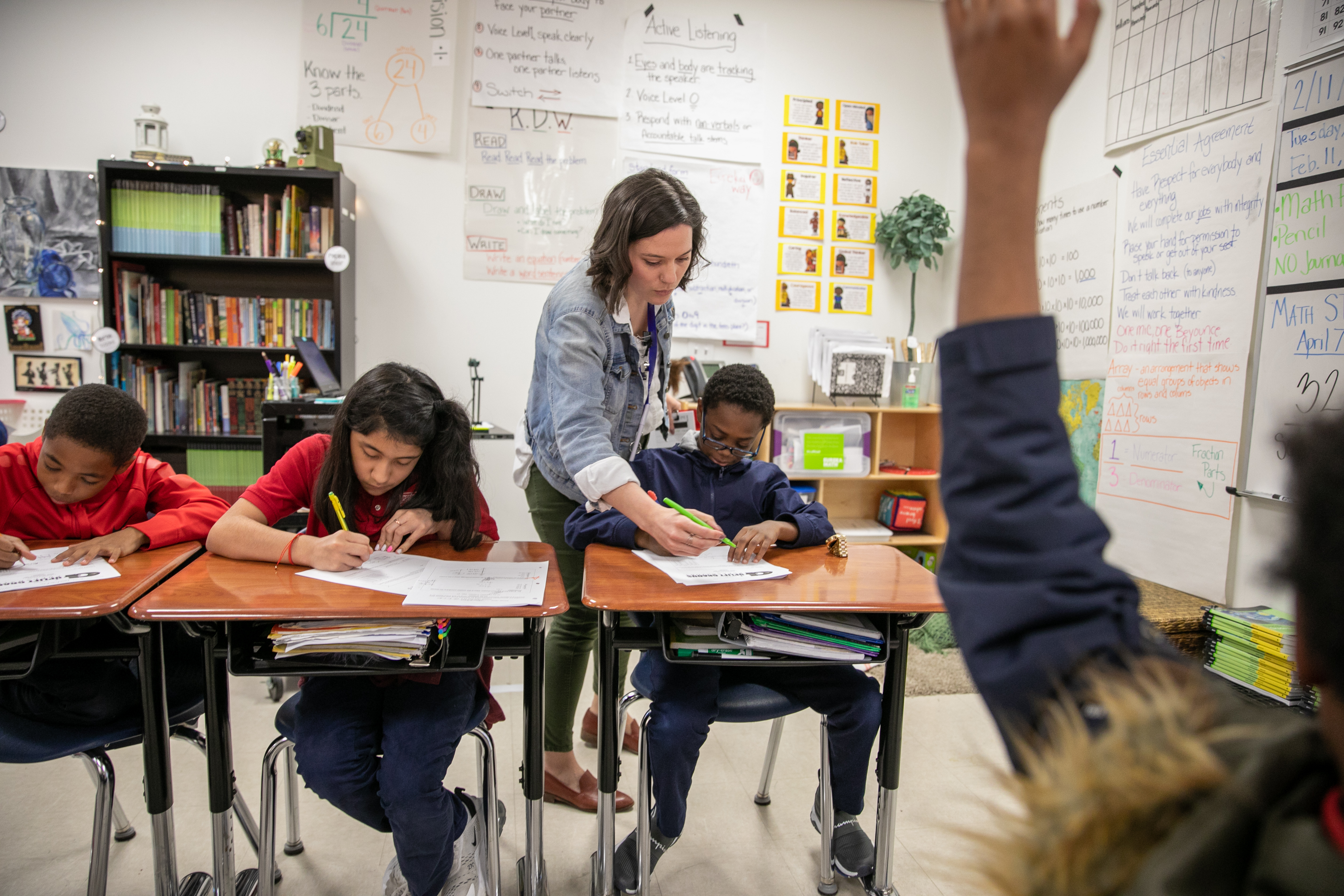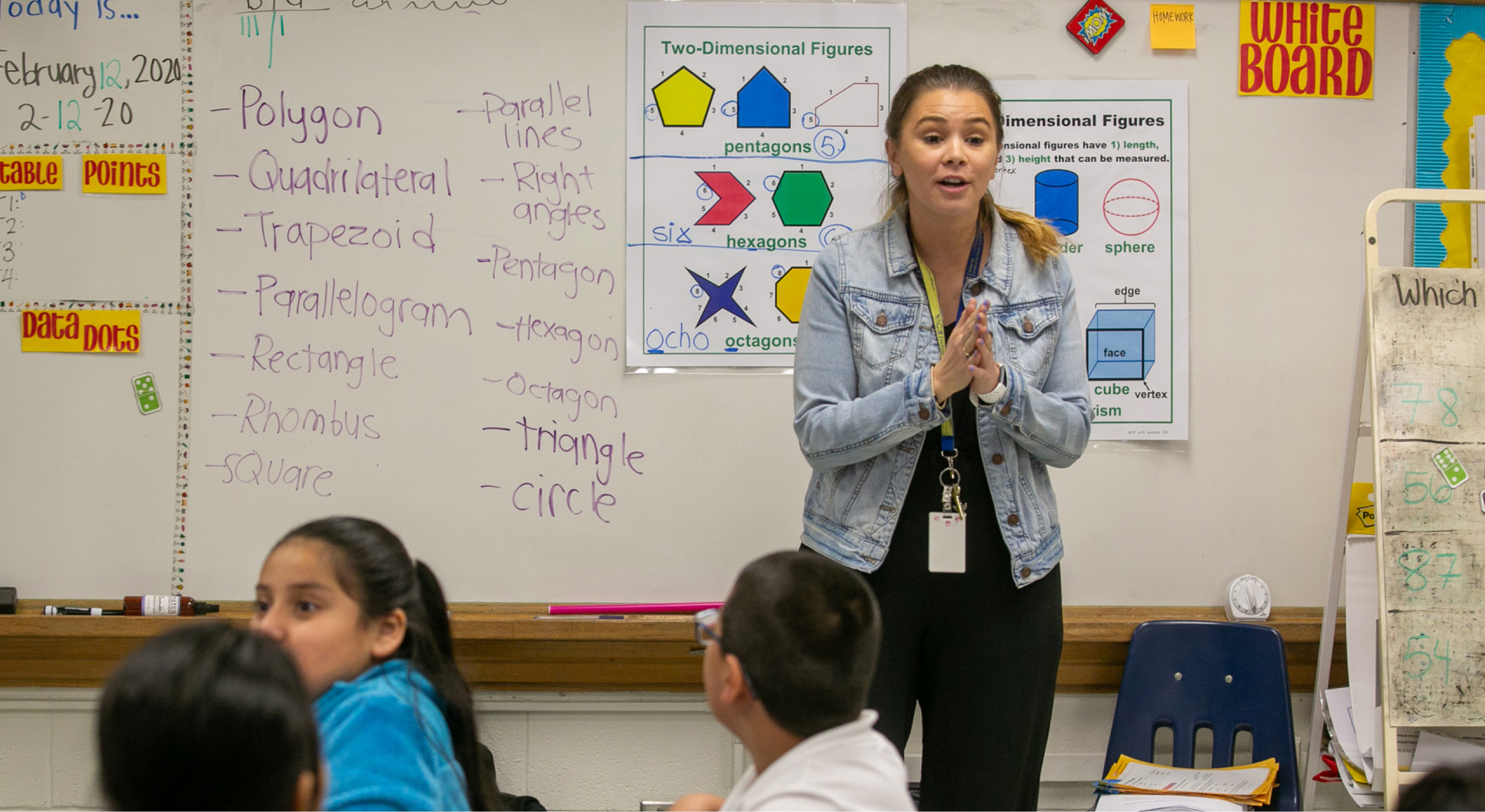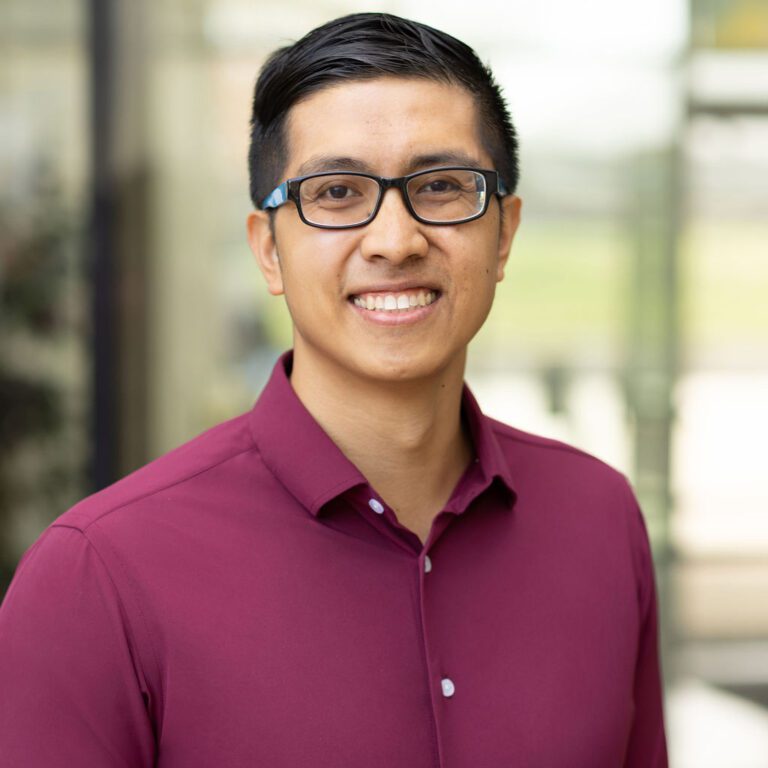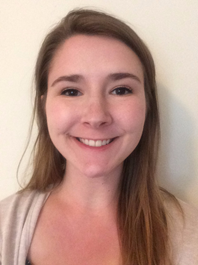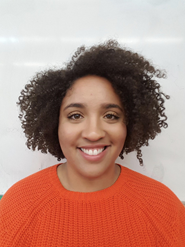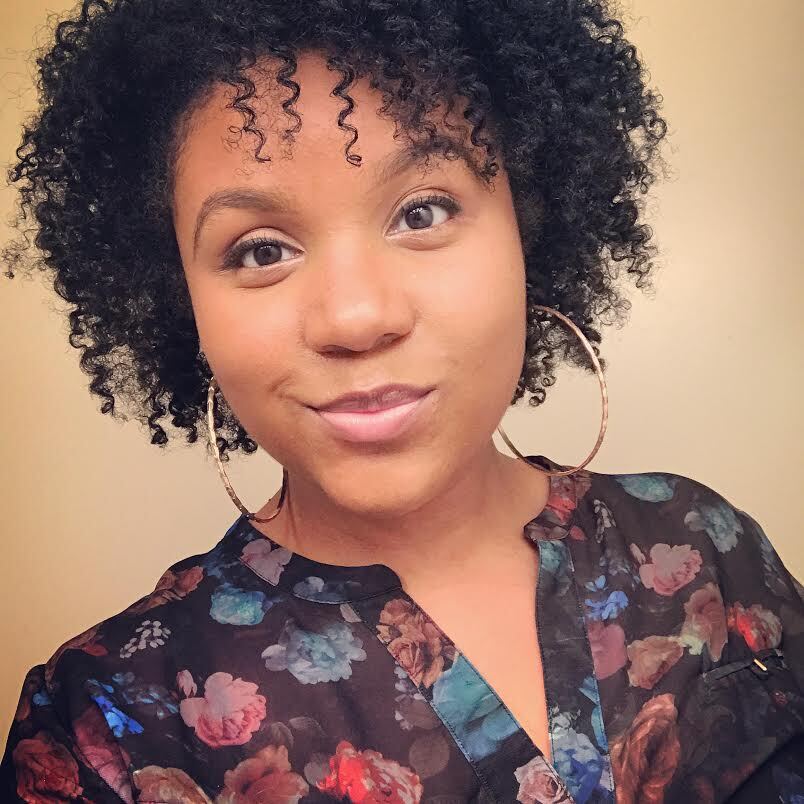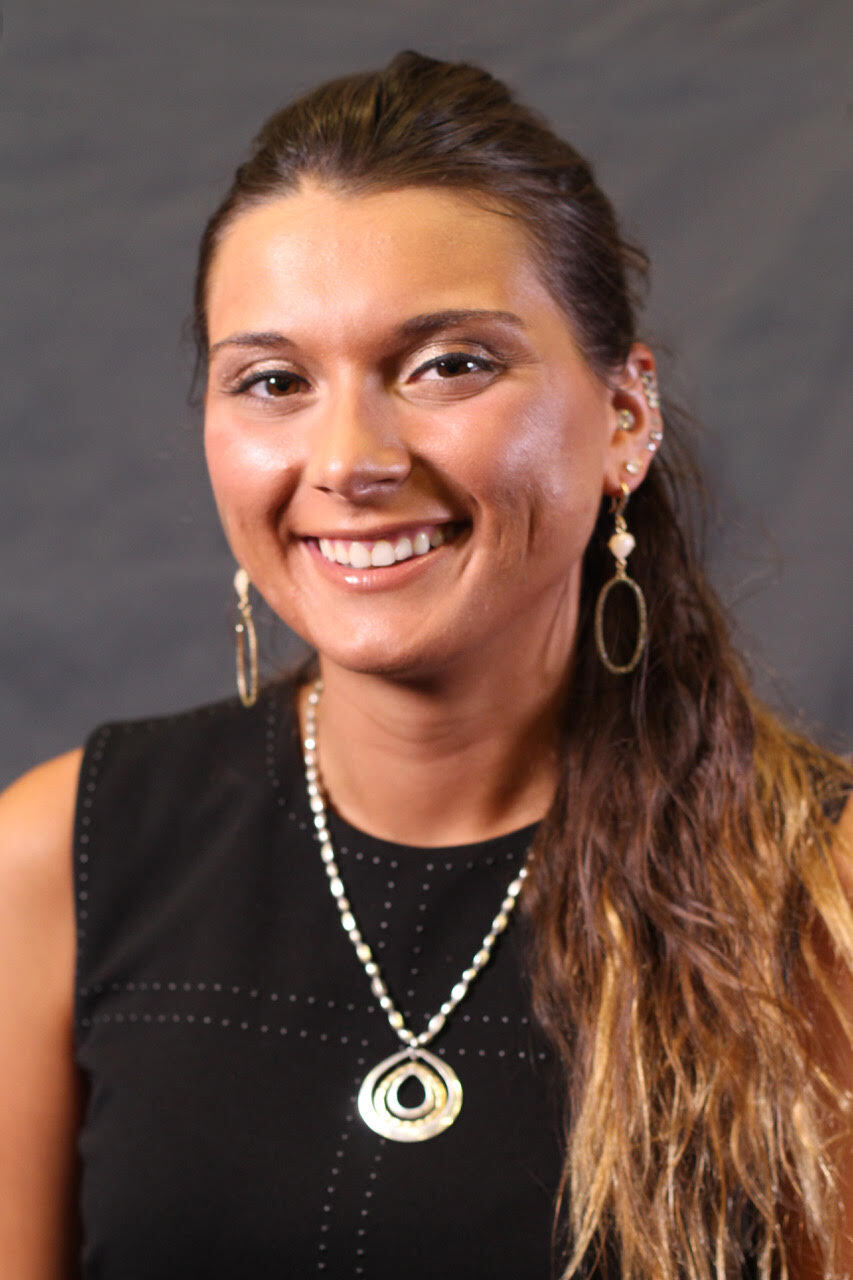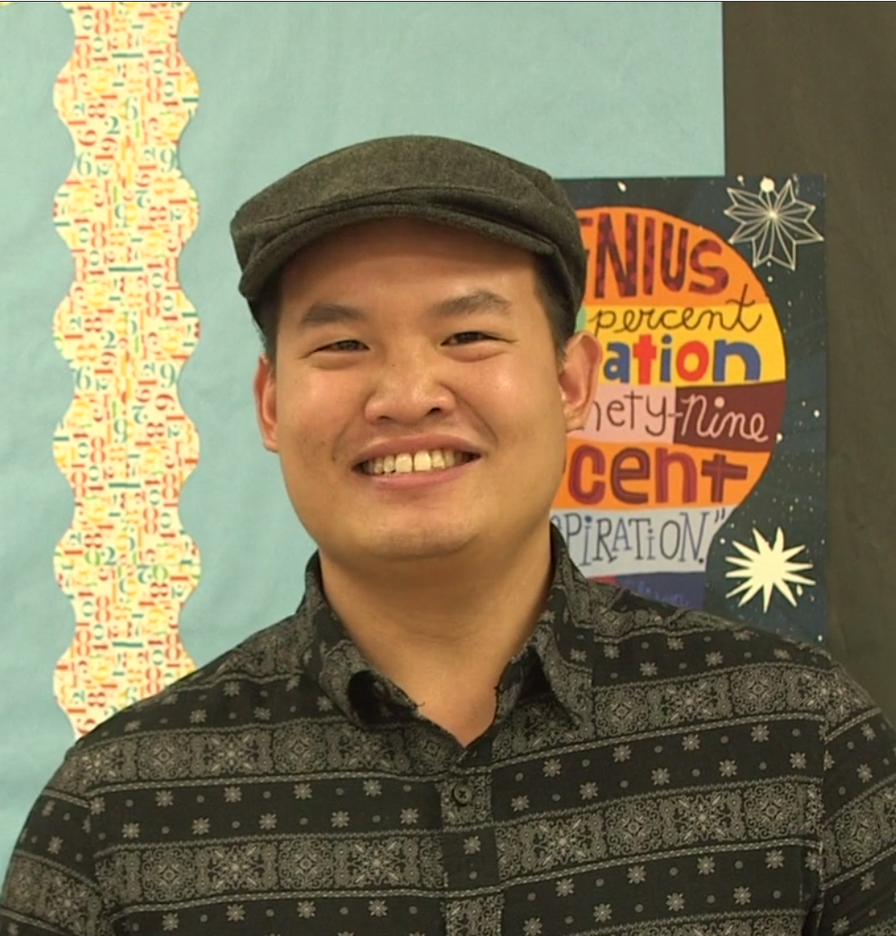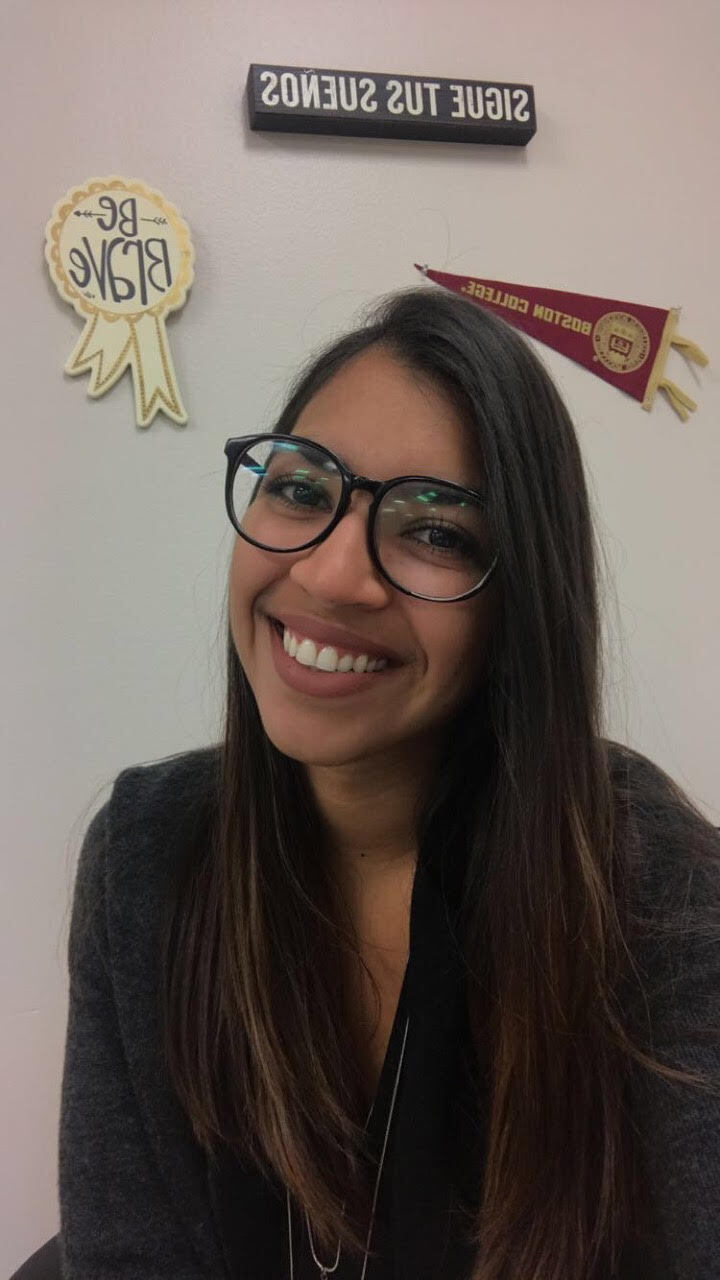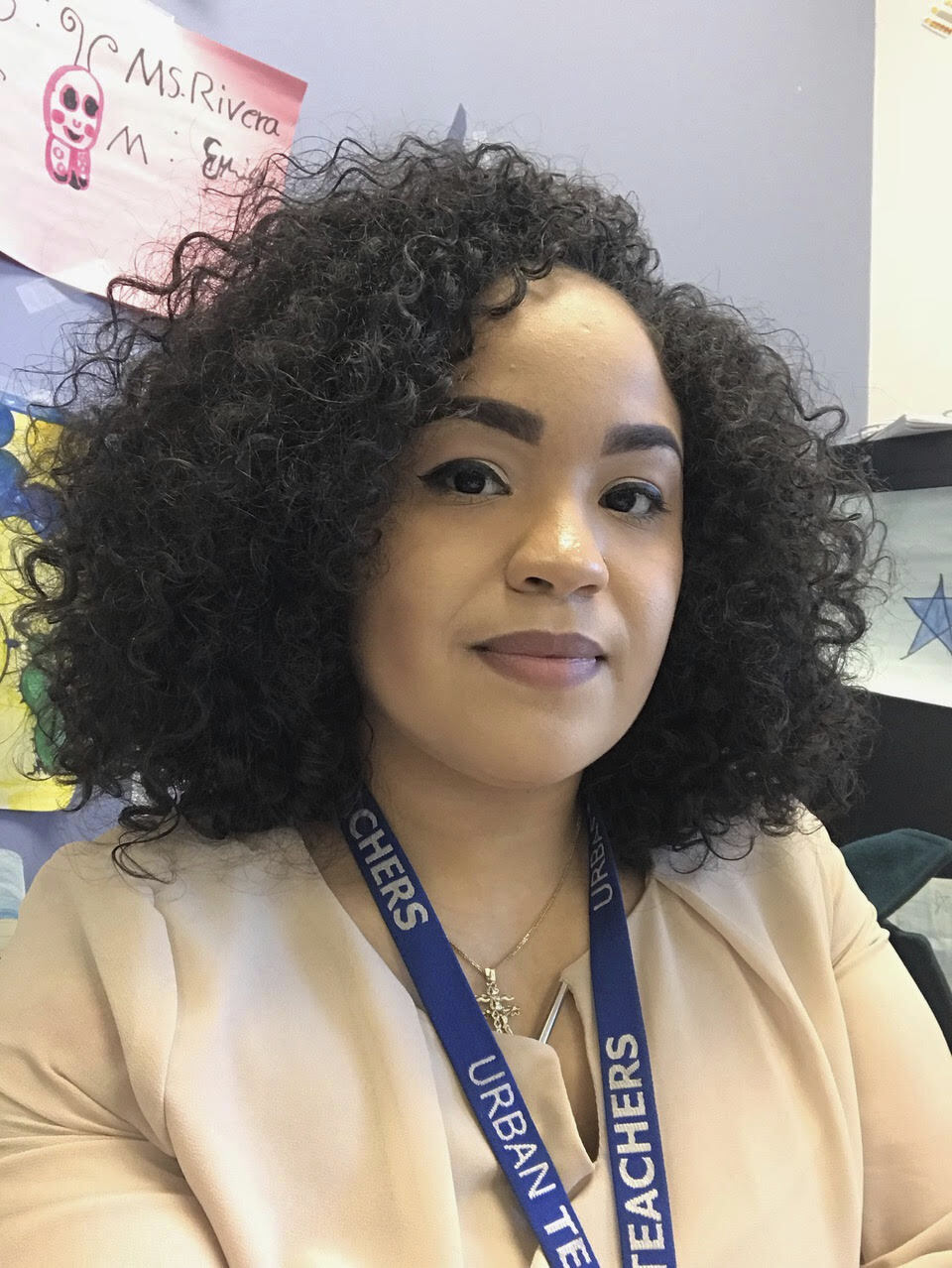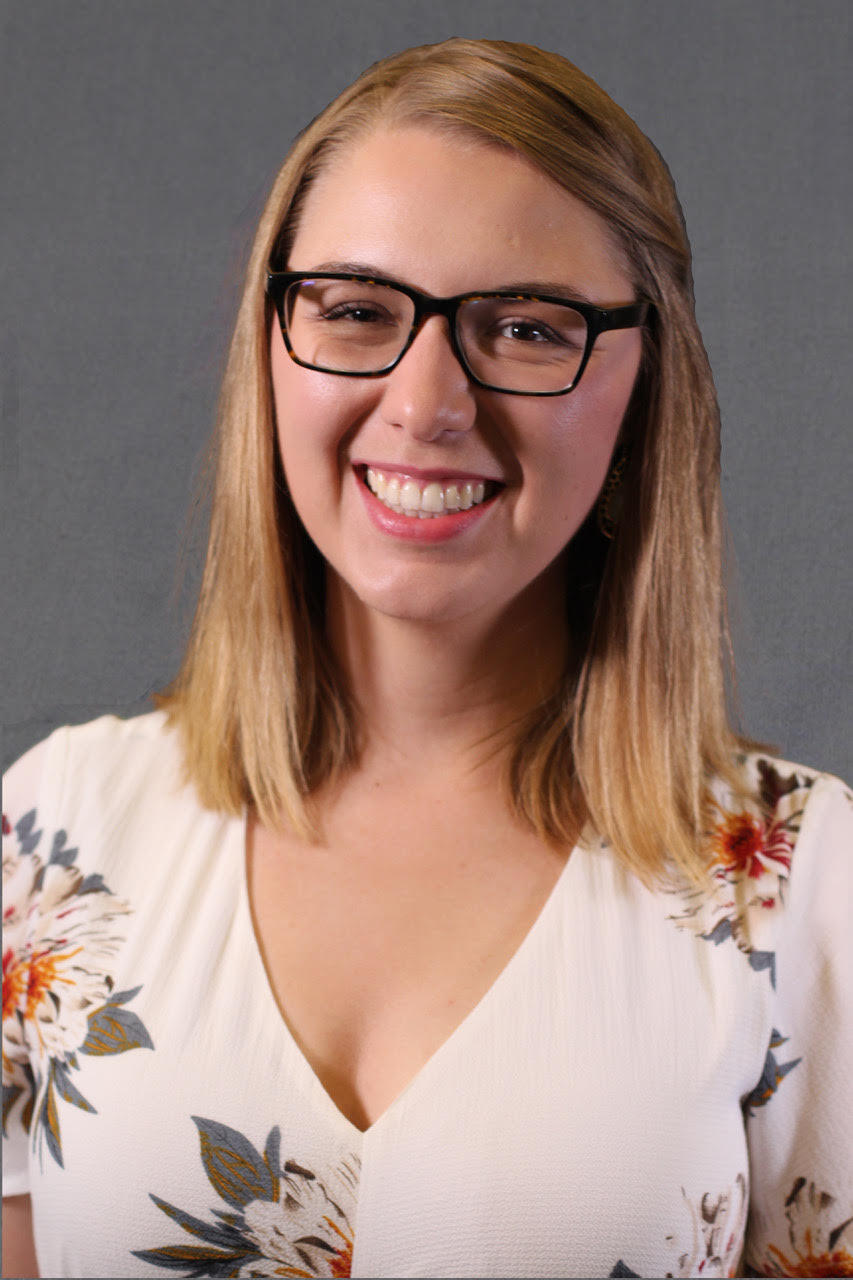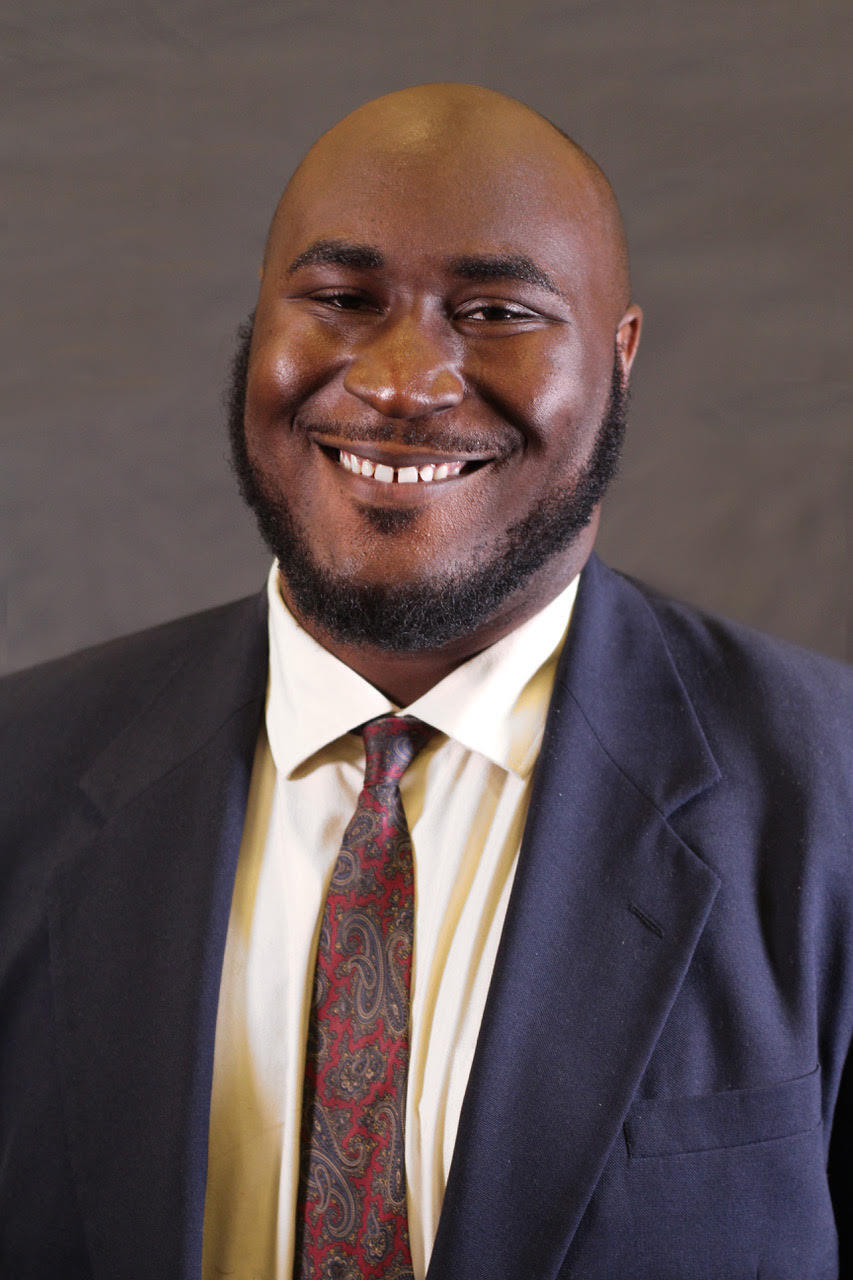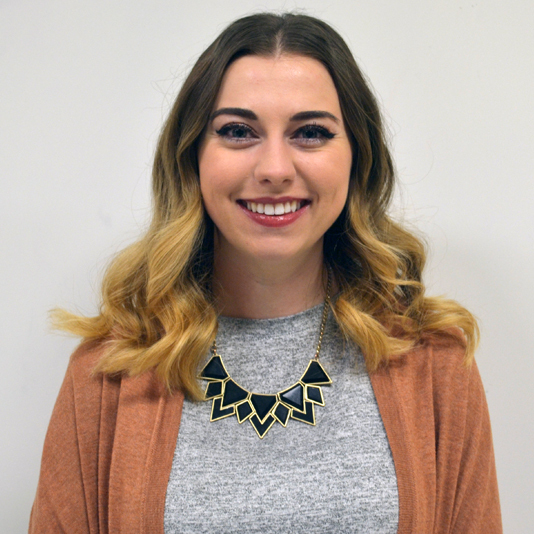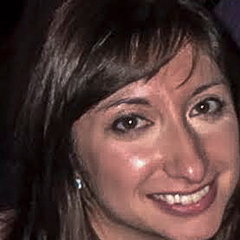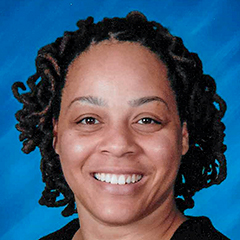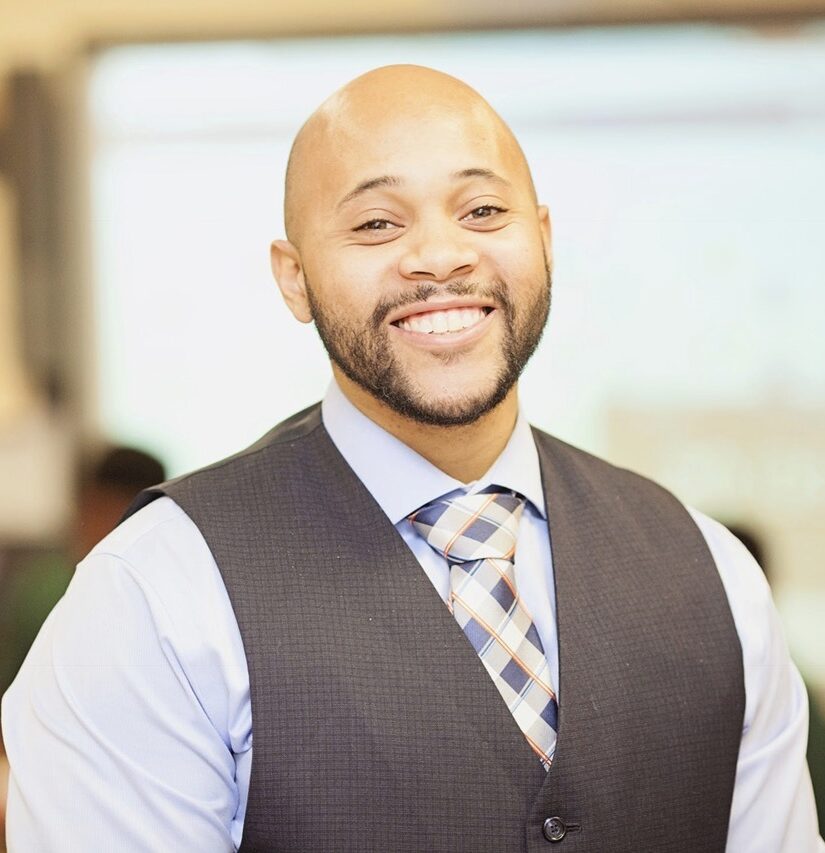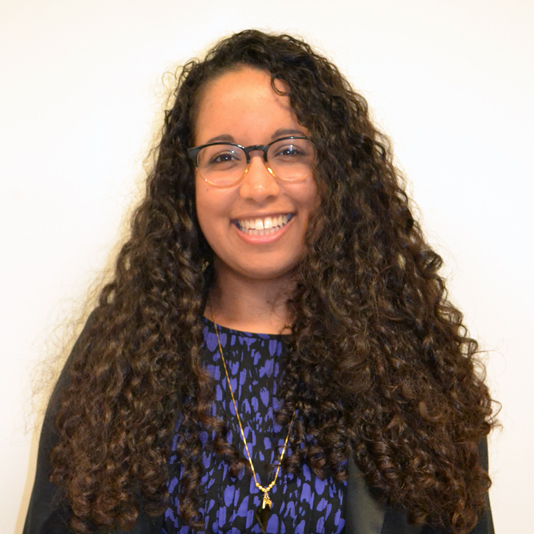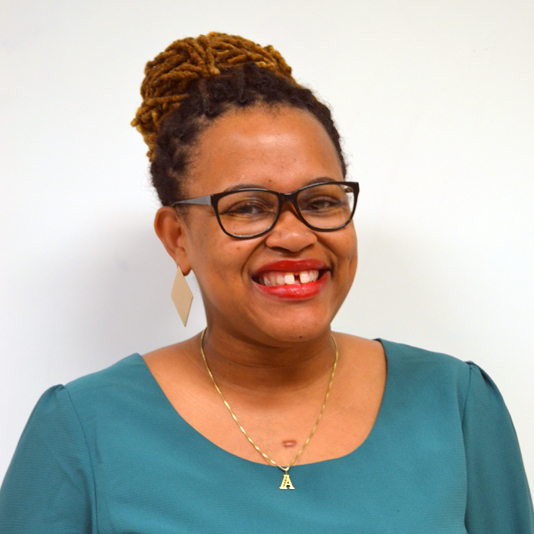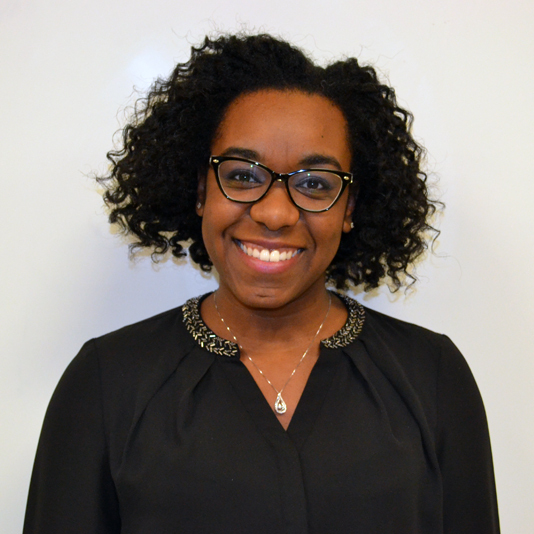Educators for urban classrooms
Our mission is to improve the educational and life outcomes of children in urban schools by preparing culturally responsive, effective career educators. These educators will accelerate student achievement and disrupt systems of racial and socioeconomic inequity.
Hear about the Residency Year
Residency, or your first year, is the time for you to dive into advanced training. As a City Teaching Alliance resident, you'll spend a full year working as a co-teacher in urban classrooms under the guidance of our expert faculty while also taking coursework relevant to your Master's degree.
Hear about the Fellow Years
After your residency year, you'll take responsibility for your own classroom. We will continue to support you with a lighter course load in the second year of our program, culminating in your Master’s of Education degree.
Hear from our Alumni
By completing the program, our Alumni’s teaching craft has significantly improved. During this time, they receive training and instruction in urban schools, enjoy one-on-one coaching and mentoring, and build a solid and supportive network of peers.
JOIN THE ALLIANCE
Learn more